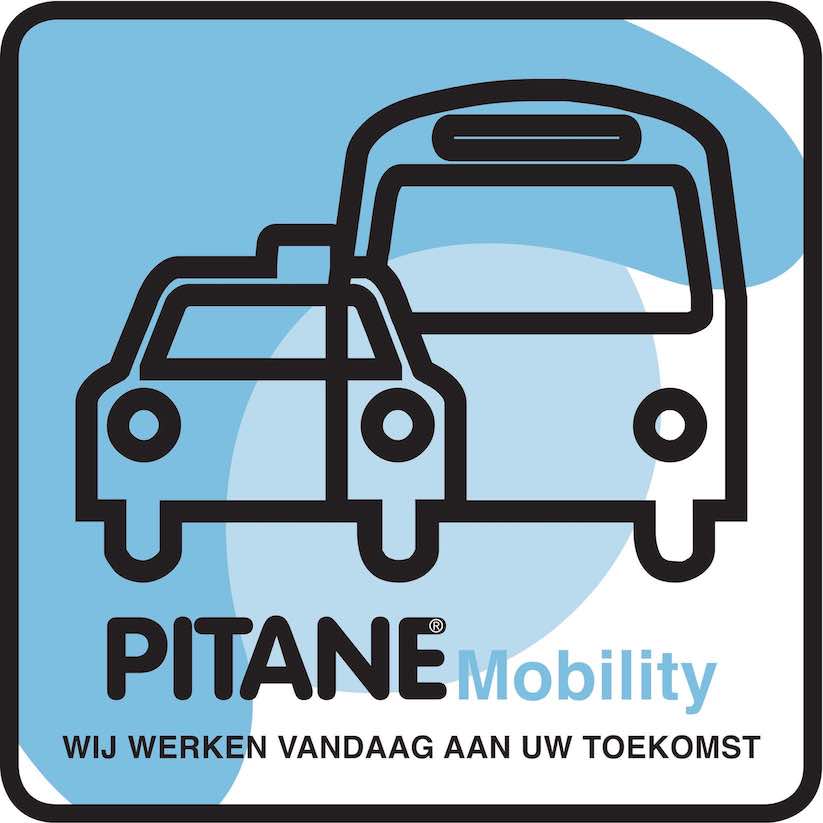The Flemish government in current affairs will shortly approve the Implementation Decree that must implement the new Taxi Decree. The social partners of the taxi sector are sounding the alarm, based on a scathing advice from the Flemish Mobility Council (MORA). According to that advice, the Flemish government introduces unrealistic criteria in the field of the environment and language skills.
Moreover, according to the trade magazine Passenger Transport Magazine, the Implementation Decree does not provide enough resources for local authorities to implement and monitor. Finally, mobility minister Weyts does not keep his promise to monitor prices.
In its recently issued advice, MORA indicates that the current draft text does not fill the many gaps in the taxi decree. MORA warns that an unchanged implementing decision will seriously jeopardize the sustainability of the taxi sector. The employers 'organization GTL and the employees' organizations ACV-Transcom and ABVV-BTB call on the Flemish Government to take into account the advice of the MORA and the sector and to avoid a socio-economic massacre.
The implementing decree imposes very strict environmental standards on the taxi vehicles. The MORA advice indicates that there is too great a difference between the imposed eco scores and the current environmental performance of the taxi fleet to implement this without transitional measures: “Based on our figures, this measure means that 75% of Flemish taxis and 50 % of the minivans need to be replaced in the very short term, ”said Pierre Steenbergen, GTL's Secretary General. “Of course we are behind greening of the taxis. Many taxi companies focus on electric and hybrid vehicles. However, we note that the criteria that Minister Weyts now intends to impose on us are completely unrealistic and require hundreds of SMEs to replace the majority of their fleet before the beginning of next year ”.
The extra investment for switching from a popular diesel model to an equivalent hybrid model is approximately 20.000 euros per car. Some taxi companies replace 25 cars per year. This means that many taxi entrepreneurs get this way.
The situation is even more dire for minibuses, which are used, among other things, for the transport of wheelchair users. In addition to the much higher purchase price of the vans, the companies will also have to invest extra money in converting them for wheelchair use. In addition, the same type of minibus will be able to transport fewer people, because the electric battery takes up a lot of space. Finally, the weight of the new minibus will also oblige drivers to obtain a type D driver's license for buses.
"Is the Flemish government prepared to bear the consequences of its brash ambitions: bankruptcies, more expensive journeys and a shortage of transport for disabled people?" asks Jan Sannen of ACV-Transcom.
MORA notes that the current language requirements in the Implementing Decree set the bar very high for taxi drivers. In the future, drivers will have to demonstrate their knowledge of Dutch by means of a B1 certificate. The social partners agree that Dutch remains an important requirement for communicating with customers. However, the proposed language requirement is a serious barrier to the filling of these jobs.
"The taxi sector has been providing low-threshold jobs to people who find it difficult to find work for decades. By lowering the bar to an A2 certificate, optimal service for the customer can be ensured and we exclude that low-skilled employees and newcomers will no longer have opportunities. ”, says Erik Maes of ABVV-BTB.
“Minister Weyts serves cheese with holes, a lot of holes for the municipalities,” says Pierre Steenberghen of GTL. "While the taxi decree introduces the distinction between stand-by taxis and street taxis, MORA notes that the Flemish Government is not introducing the necessary tools to allow local authorities to check whether drivers are complying with the new rules." “What prevents an individual driver from taking his chance at a location for which he is not authorized? How should the enforcer check whether or not a taxi is driving under the category taxi cab or under the street taxi category? ”Notes the MORA advice.
The social partners have previously argued that the new Taxi Decree is implementing far-reaching liberalization tailored to Uber. Minister Weyts has always claimed that there would be additional measures in the implementing decree to deal with the possible excesses. For example, the minister promised to monitor prices to put an end to social dumping practices or price slippages. However, this promise is also not reflected in the draft implementing decree.
The MORA advice states that there is not even a detailed mechanism for price monitoring and evaluation. “Without price control, giants like Uber will compete with Flemish SMEs through dumped prices. The Uber model will lead to monopoly formation, lower wages and
- over time - higher prices. The minister must at least fulfill his promises and set up a monitoring system so that social dumping can be avoided, "concludes Erik Maes of ABVV-BTB.



